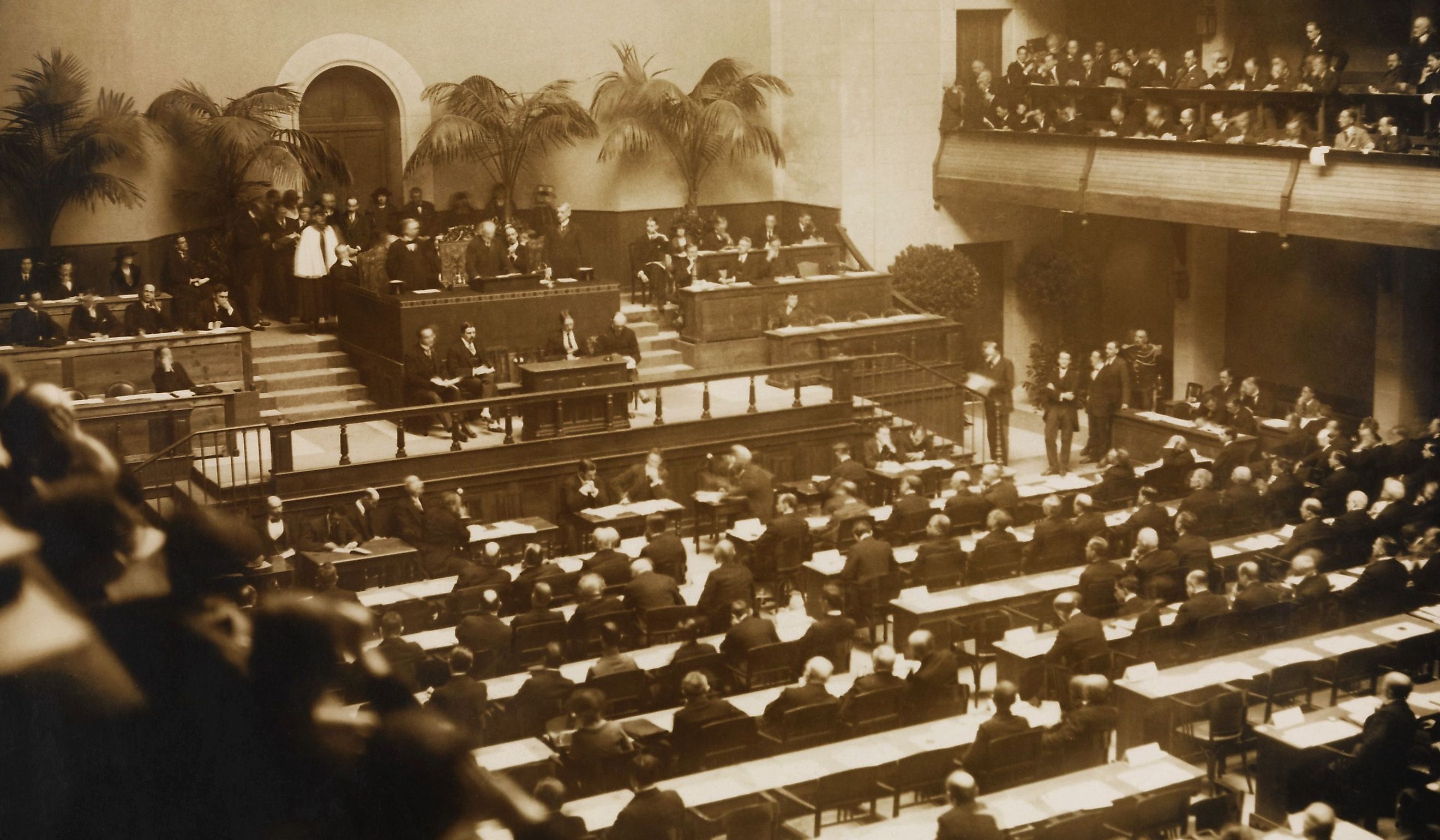
Mandate Palestine and the Foundation of a Jewish State
After World War I, the United Kingdom (UK) came to control Palestine under the League of Nations mandate system. While the supposed goal of this system was to guide Palestine towards independence, the British also had to deal with the ramifications of promises made during the war, the most notable of which were to the Zionists and the Arabs. Thus, this period saw the creation of a Palestinian national identity and the establishment of the institutions that became the basis for a Jewish state. However, it also saw the ignition of tensions that continue to this day.
British "Colonial" Rule
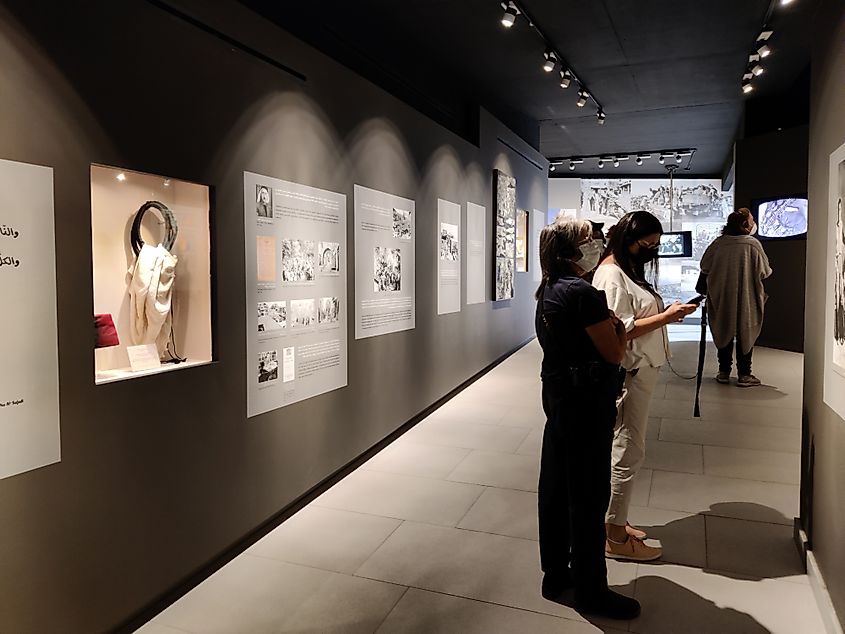
After World War One, notions of self-determination were spreading across the world. This saw many historical nations gain or regain statehood, perhaps the most notable of which was Poland. Inherent in these talks of self-determination were beliefs about which nations were "ready"--most of which were European. For the nations not yet "ready" for independence, they were to be "guided" toward this point under the stewardship of a European power. Under this system, the British came to control Palestine.
Knowing that using Palestine as a tax farm would cause rebellion, they encouraged trade between Palestine and other British colonies. This provided the British with substantial tax revenue while ensuring that Palestine would have some economic growth and political development due to the state infrastructure needed for trade. However, such development also fostered Palestinian nationalism. As Benedict Anderson notes, maintaining the colonial regime through the creation of maps, censuses, and museums helped create a sense of what it meant to be "Palestinian". In other words, as the Palestinian population began to see themselves as part of a formalized political unit, this created the basis for a national identity.
The Foundation of a Jewish State
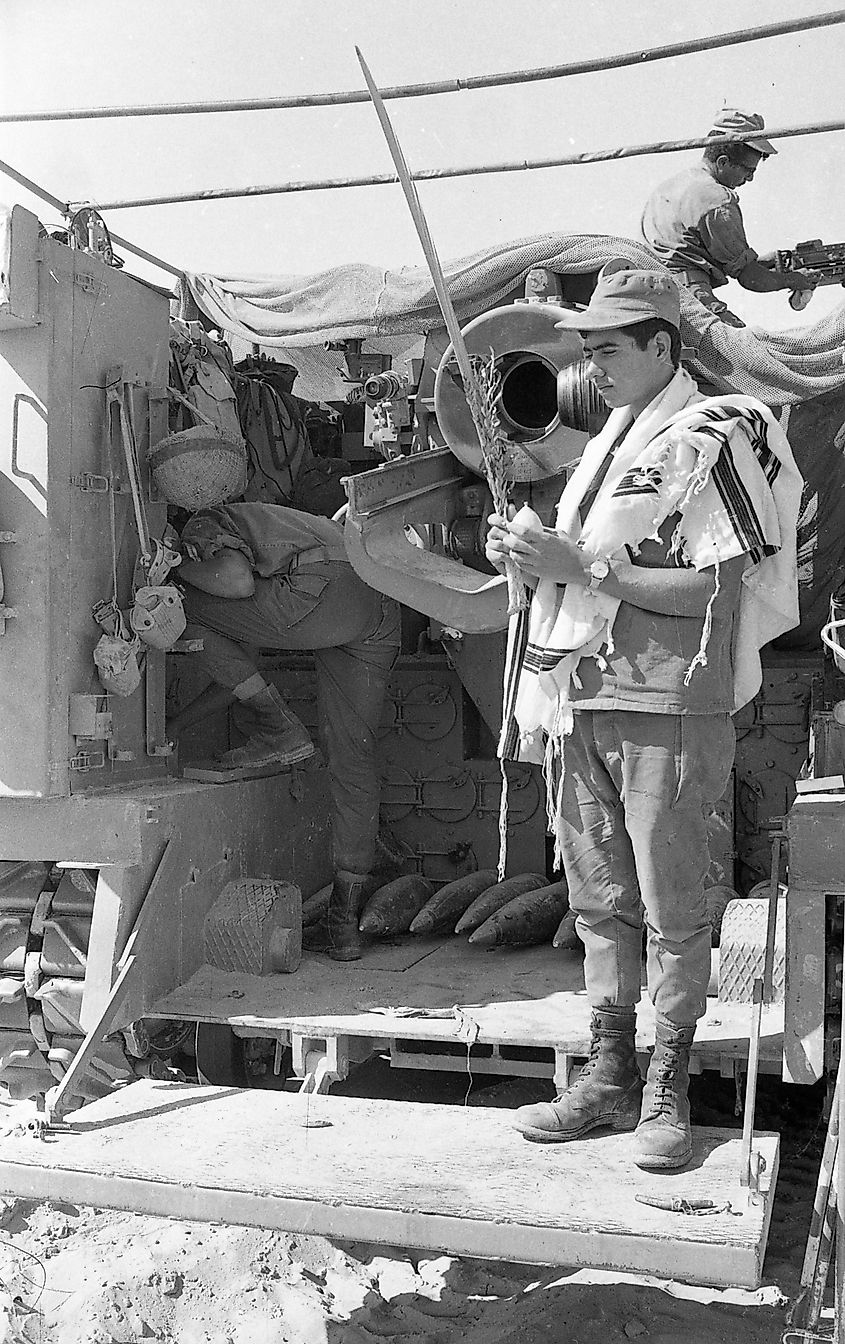
This Palestinian national identity coalesced while Jewish political institutions were also developing. Crucial to the creation of these institutions were Labour Zionists, who aimed to create a Jewish state by acquiring land in Palestine. Indeed, by the end of the end of 1947, Labour Zionists had bought or forcefully acquired land on about 6 percent of the mandate. One institution that emerged during this process was the Histadrut, modern-day Israel's trade union center. Indeed, it was initially created to help find jobs for newly arrived Jewish immigrants.
The Israeli Defence Force, or IDF, Israel's military, also originated during the mandate period in the form of the Haganah. Finally, the Kibbutz movement, collective, co-operative communities based on social-democratic principles, saw its origins during this time, with largely agricultural communities creating the foundation for an insular, private economy. In short, major Jewish political institutions were created during the mandate period. When accompanied by a notable increase in Jewish immigration from Europe following the rise of the Nazis in 1933, this formed the basis for a Jewish state.
The Conflicts of Early the Mandate Period
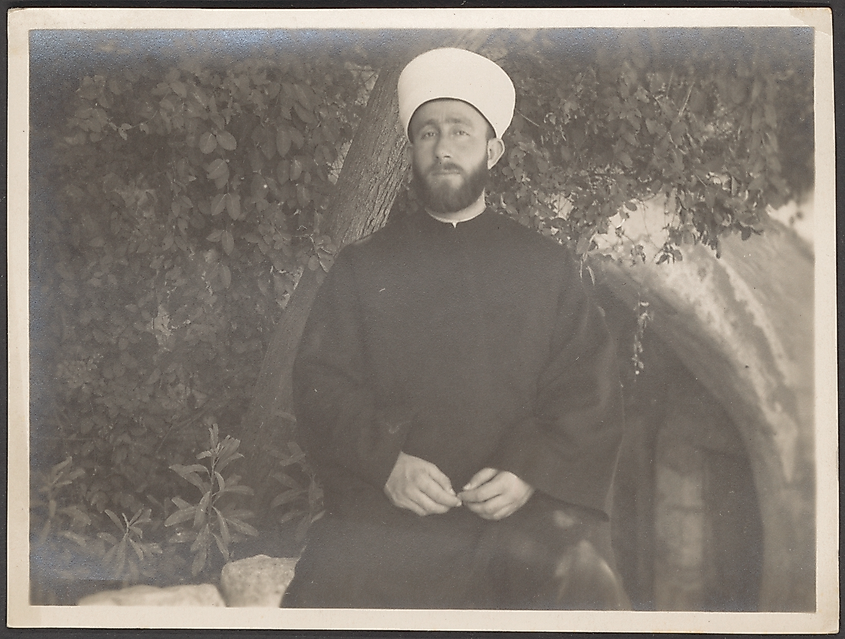
While national identities were emerging during this period, there were still in-group tensions--tensions exacerbated and taken advantage of by the British colonial regime. Indeed, under Ottoman rule, wealthy landowners, known as notables, acted as intermediaries between the government in Istanbul and the rest of the citizenry.
The British continued this system and used it to maintain control. For instance, when creating the Supreme Muslim Council, the highest-level political body run by Muslims in Palestine, they installed Amin al Husayni, a notable from the Ottoman period, as its leader. However, they then gave a notable from a competing family the mayorship of Jerusalem. This ensured that while some sort of national Palestinian identity was forming, revolts against British rule could be prevented by infighting.
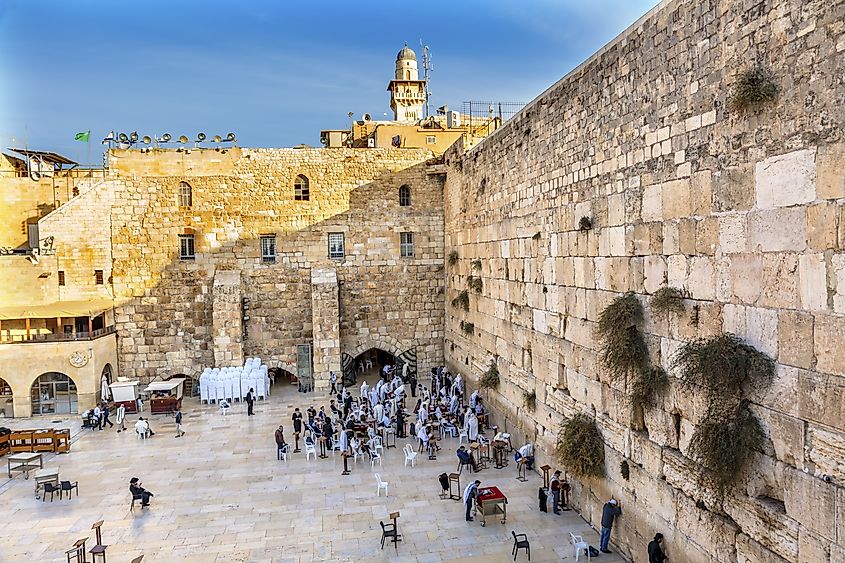
Despite working for several years, this strategy was challenged in 1929 in the form of the Wailing Wall Riots. The Western Wall, also known as the Wailing Wall, is a holy site in Judaism and Islam, being both the only remaining retaining wall upon which the First and Second Jewish Temples stood and the supposed location of Mohammad's ascension to heaven. Therefore, the British mandate period saw tensions over its ownership.
These tensions escalated in August 1929 when several hundred Jewish protestors, many of whom were Revisionist Zionists (a form of Zionism predicated on territorial maximization) began protesting at the wall and claiming sole ownership. This set off a wave of counter-protests. Violence erupted soon afterwards, with 133 Jews killed and 339 being injured and 116 Arabs killed and 232 being wounded. Crucially, these riots represented not just a religious conflict, but also a colonial one, with many Arabs fighting against the Jews and the British.
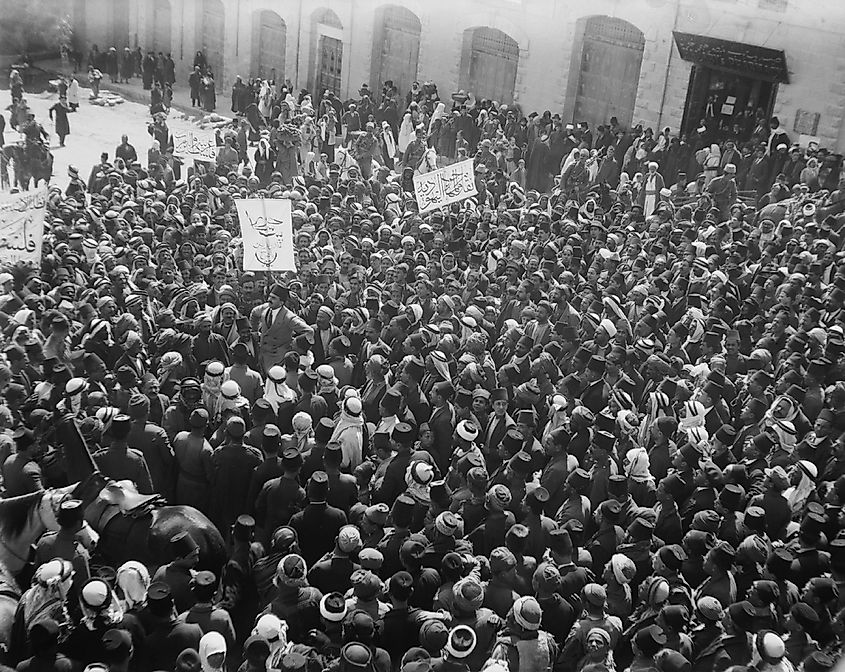
To determine the cause of this event, the British established a series of inquiries, the most notable of which was the Shaw Commission. It found that, rather than religious-based motivations, the main reason for the riot was fear that Jewish immigration would threaten Arab economic livelihood.
Thus, in October 1930, British Colonial Secretary, Lord Passfield, issued a statement saying that the promises of the promises of the Balfour Declaration had to be limited. However, pressure from the Jewish Agency in London caused this statement to be reversed, thereby reaffirming the UK's commitment to all aspects of the Balfour Declaration. While a major victory for some Zionists, anger towards this decision contributed to even greater unrest amongst the Arab population later in the decade.
Final Thoughts
The British Mandate period saw the establishment of a Palestinian national identity and political infrastructure for a Jewish state. These developments eventually caused conflict in the form of the Wailing Wall Riots. Furthermore, lingering animosity contributed to future tensions in the mid-to-late 1930s.











